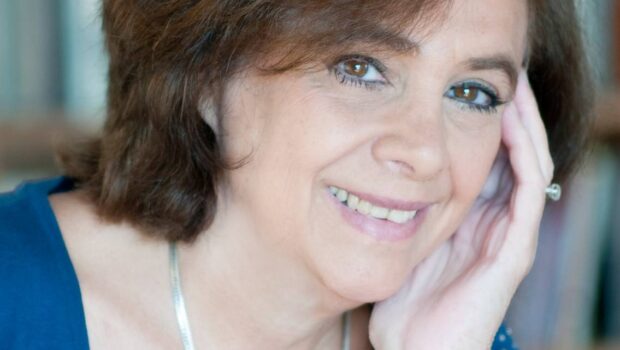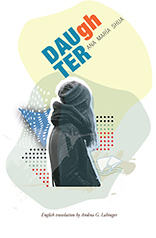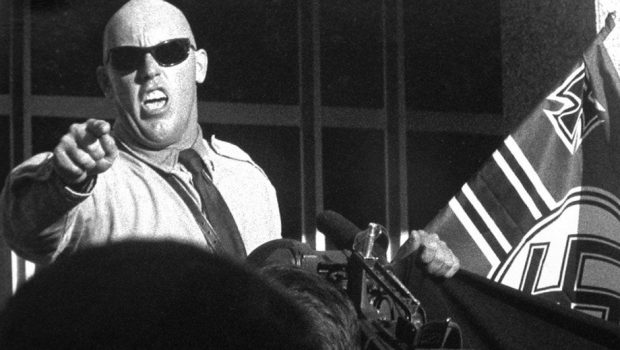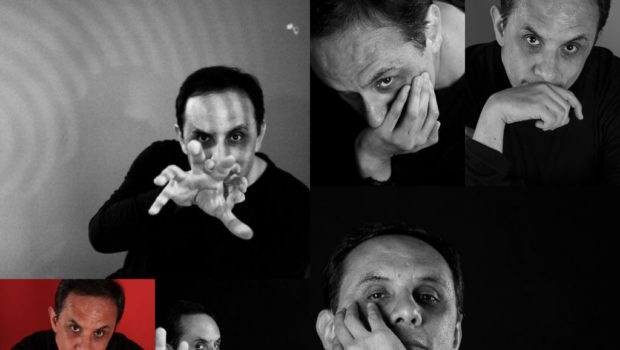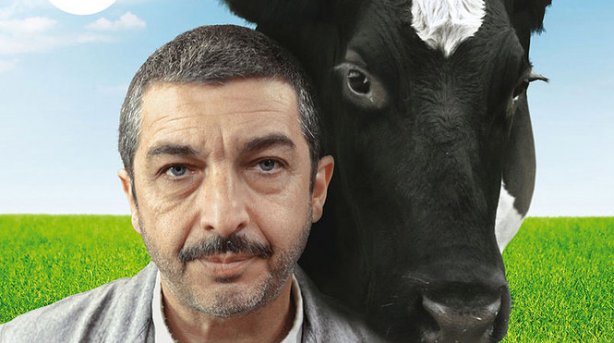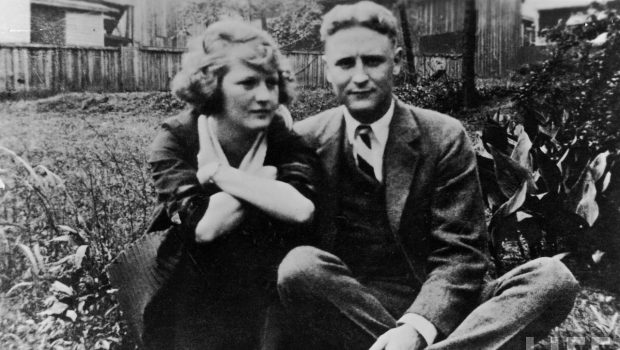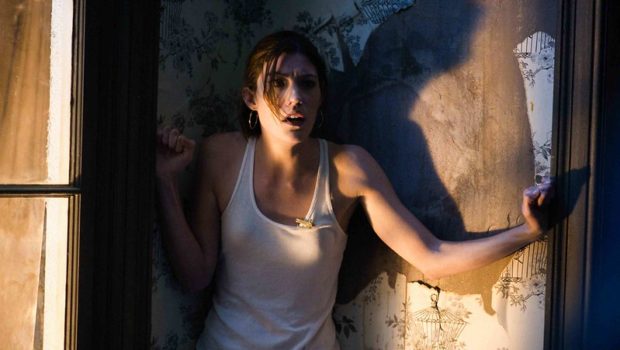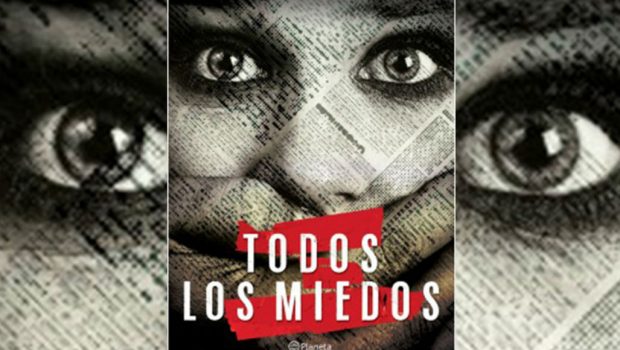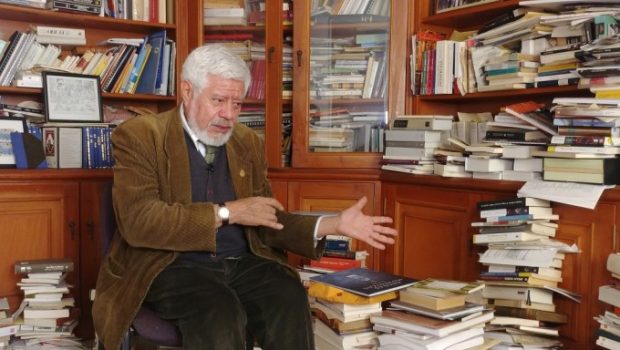Daughter by Ana María Shua
Greg Walklin
After years of scrupulously employing various forms of contraception, Esmé desires a child. She and her husband, Guido, having returned to Buenos Aires from Paris, try for a baby, but after six months she still isn’t pregnant. A doctor orders a hysterosalpingogram. Suddenly, as if by magic, Esmé finds she is going to have a child. She gives birth to a daughter—but must have her uterus removed to stop a life-threatening hemorrhage.
The rest of Ana María Shua’s novel “Daughter” charts, episodically, the course of Esmé’s only child, Natalia, from her youth to adulthood. Esmé works as a copywriter, with various degrees of success as the industry shifts; her husband cheats; she manages a complicated relationship with her parents, fraught after the disappearance and death of her older sister; and she spars with the various adults who try to warn her (usually circumspectly) about Natalia’s behavior. Esmé desperately loves her daughter—“Was that was it was like, to have children? To be terrified, night and day, of losing them?“—but also keeps receiving troubling omens.
Shua is Argentinian literary royalty, having published books in nearly every genre; she has also received a Guggenheim Fellowship, among numerous awards. Only a few of those books, however, have been translated into English, so Andrea Labinger’s sturdy translation is a welcome addition. Shua’s bailiwick is short short fiction—she has been called “The Queen of the Microstory.” The chapters of “Daughter” aren’t microfiction, though, but sharply written short stories; after the first few cover the major developments in Esmé’s marriage, each glimpse an episode of Natalia’s childhood, gradually escalating the anxiety. Something awful, it turns out, is always just around the corner. Lunch meetings, parent-teacher conferences, and babysitting endeavors all result in a new, disturbing report about how Natalia acted—but also profuse apologies and tears and promises from the girl herself.
That Natalia may be a psychopath is never uttered in the book. The closest is about halfway through, during one of the interspersing chapters, which Shua calls “journal entires,” where the author directly addresses the reader. “Who really wants their children to be independent?” She writes. “The only truly independent person is he who loves no one.” A credible case could be made that Natalia is thus “truly independent.” The book abounds with evidence of her manipulation and prevarication; she obfuscates the truth, it seems, without conscience, and has no compunctions with cruelly mocking one of her grade school classmates or, later, trashing a house where she is babysitting. Once, toward the end of the book, Natalia ingeniously lies her way out of a serious problem by intentionally lying poorly, making it seem as if she is covering something up.
Natalia certainly suffers some trauma—her parents separate and divorce—but her heartlessness is continually startling. Yet Esmé and Guido often blind themselves to Natalia’s issues; late in the book, Esmé practically bankrupts herself to cover her daughter’s legal fees. (“No one knows a person less than their own mother,” Shua writes.) It would not be fair to say, however, that they are the same—while Guido is either indifferent or distracted, Esmé seems to be resigned to her role. Although she does not dare say it, she knows something is wrong with daughter. What does one do with a child who may not be capable of loving you back?
There have been several very good contemporary American parenting romans à clef published just in the last few years—among them Peter Ho Davies’ “A Lie Someone Told You About Yourself,” dealing with abortion and parenting of a child with high-functioning autism, “Dept. of Speculaton,” Jenny Offill’s mercurial take on a writer’s motherhood, and “The Golden State,” Lydia’ Kiesling’s sardonic exploration of toddler parenting. During the same period, though, it’s been the fey takes that have stood out in Argentinian literature. Perhaps most memorably, Samantha Schweblin’s “Fever Dream” featured a creepy kid digging up dead animals in the aftermath of an environmental crisis. “Daughter” isn’t sublime in that way, but Shua does manage, expertly, to convey the anxiety of motherhood, especially raising a child who seems to lack some essential quality. Through colorful, succinct prose—adolescence approaches “thundering along with iron hooves,” for example—a sense of dread is palpable throughout “Daughter,” and it’s Shua’s skill in conveying it that is the book’s best feature.
“Daughter” takes place in the shadow of the recent history of Argentina; Esmé and Guido move to Paris at the beginning of the novel to escape political violence. It is not much of a stretch, then, to say that years of junta rule, political upheaval, and domestic terrorism has left some imprint; if Natalia is indeed a psychopath, one could argue the Argentinian government probably preceded her. Certainly, Esmé’s loss of her sister, her ex-husband’s adultery and remarriage, and her own mother’s indifference—dismissing Natalia’s misbehavior as the typical chicanery of youth—means her own family has already abandoned her. Esmé is, in some ways, a “daughter” without her own mother, consumed by “the deep guilt of always feeling guilty and therefore of finding herself in a situation of weakness, fragility.” It is, Shua concludes, “[t]he guilt of being a mother.”
Ultimately, the “journal entries” add a layer that, while not quite as compelling as the underlying story itself, enriches the reading experience. Esmé, Shua writes, “rather resembles her author’s alter ego” even though “her story may differ from mine.” There are some autobiographical elements, she allows, “but the reader doesn’t need to know which ones they are.”These chapters are almost like attending a book talk by an eminent author, being dazzled by the her erudition and cleverness—but also surprised by her frankness and insecurity. At one point Shua excerpts an earlier version of the journal, in which she describes the writing as “intolerable” and predicts “most likely I won’t be able to do it.” She follows up that prediction by flatly addressing the reader and acknowledging that, obviously, she persisted.
 Greg Walklin is an attorney and writer living in Lincoln, Nebraska. His book reviews have appeared in The Millions, Necessary Fiction, The Colorado Review, and the Lincoln Journal-Star, among other publications. He has also published several pieces of short fiction. Twitter: @gwalklin
Greg Walklin is an attorney and writer living in Lincoln, Nebraska. His book reviews have appeared in The Millions, Necessary Fiction, The Colorado Review, and the Lincoln Journal-Star, among other publications. He has also published several pieces of short fiction. Twitter: @gwalklin
©Literal Publishing
Posted: June 15, 2021 at 6:16 pm


